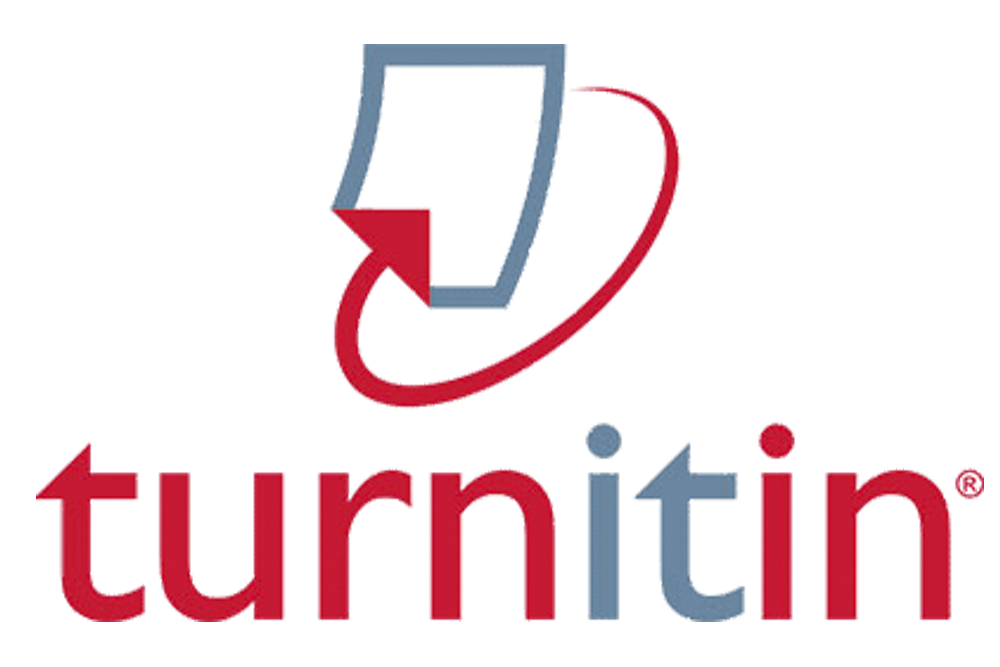STRATEGI KOMUNIKASI DALAM PEMILAHAN SAMPAH BERBASIS SUMBER DI KECAMATAN KLUNGKUNG KABUPATEN KLUNGKUNG
-
DOI:
https://doi.org/10.25078/anubhava.v3i2.2701Abstract
Increasing the number of human population, consumerism, and changes in modern activities directly proportional with the number amount of waste. As a tourist destination, Klungkung Regency occupies the second position as the largest waste producer in the Province of Bali and there are still 3,795.83 tons or 11.09% of unmanaged waste to total waste production in Klungkung Regency. Resourced-based waste management is the earliest or upstream handling of household waste which is the key to the success of the next steps. This study aims to analyze: (1) Communication pattern are implemented to change people's behavior; (2) Inhibiting factors of communication strategy; (3) Implications of communication strategy that applicated by local goverment. This study uses a descriptive research method with a qualitative approach. The research location is in Klungkung District, Klungkung Regency with a focus on Semarapura Kangin Village. Data collection was carried out through observation,
interviews, and documentation studies. The theory used as the basis for the analysis is: (1) Persuasive Communication Theory; (2) Attitude Change Theory, (3) Social Judgement Theory; and (4) Diffusion of Innovations
Theory. The findings in this study are: (1) The pattern of communication in the implementation of Tri Hita Karana uses group communication, while in the implementation of laws and regulations it uses patterns of interpersonal communication, group communication, and mass communication; (2) There are 3 (three) factors inhibiting communication, namely technical barriers (limited communication media used), semantic barriers (regional language) and human barriers (perception and time of visit); (3) The implications of a persuasive communication strategy consist of 3 (three) dimensions, namely cognitive, affective, and conative in the form of: increasing public awareness about the negative impacts of waste and the importance of waste segregation, changing attitudes, and
changing behavior in sorting waste and becoming a customer of a waste bank. Strict application of real sanctions is needed for people who violate laws and regulations related to waste management and waste segregation according to the types listed in laws and regulations. The local government of Semarapura Kangin is expected to innovate
more in reusing waste that is still economically valuable, reuse and recycle organic and inorganic waste through various methods involving the active role of the community, such as: optimizing the use of Waste Recycling Holes (Bang Daus), ecoenzymes, making and the use of organic fertilizers, as well as the development of a waste bank.
References
Agung, & Poerwadarminta, W. (1990). Kamus Besar Bahasa Indonesia. Jakarta: Balai Pustaka.
Ahmad, Rizal. (2016). Difusi Inovasi dalam Meningkatkan Partisipasi Masyarakat akan Kelestarian Lingkungan. Sosietas: Jurnal Pendidikan Sosiologi Vol 6 No 2.
Anggawiguna, I Putu Gede Vani, dan Rita Destiwati, (2019). Komunikasi Kelompok dalam Konsep Tri Hita Karana pada Perkumpulan Sekaa Gong Desa Wisata Panglipuran, Bangli, Bali. Jurnal Ilmu Sosial dan Humaniora Vol 8 No 2.
Cangara, H. (2014). Pengantar Ilmu Komunikasi. Jakarta: Rajawali Pers.
Fajar, Marhaeni. (2009). Ilmu Komunikasi, Teori dan Praktek. Yogyakarta: Graha Ilmu.
Farid, Muhammad Mifta, Ari Revaldo. (2021). Efektivitas Media Sosial dalam Penyebarluasan Informasi Pembangunan Pemerintah Kabupaten Banyuasin.FIRM, Journal of Management Studies Vol 6 No 1.
Irwanti, Marlinda. dan Prasetyo, Totok. (2020). Strategi Komunikasi Lingkungan dalam Upaya Pemberdayaan Masyarakat Mengolah Sampah Rumah Tangga. Prosiding Seminar Nasional: Pembangunan Hijau dan Perizinan, Diplomasi, Kesiapan Perangkat, dan Pola Standarisasi. Semarang: Sekolah Pascasarjana Universitas Diponegoro.
News, B. I (24 November 2018). Idn Times Bali. Retrieved from bali.idntimes: https://bali.idntimes.com/news/bali/imamrosidin/data-sampah-tertinggi-di provinsi-bali/5. Diakses 7 Juni 2022
Notoatmodjo, S. Promosi Kesehatan dan Perilaku. Jakarta: Rineka Cipta, 2007.
Peraturan Daerah Kabupaten Klungkung Nomor 7 Tahun 2014. Tentang Pengelolaan Sampah
Peraturan Gubernur Bali Nomor 47 Tahun 2019. Tentang Pengelolaan Sampah Berbasis Sumber
Siringo Ringo, Renata Lusilaora, I Wayan Wastawa, I Nyoman Yoga Segara. (2021) Perilaku Komunikasi Masyarakat Hindu dan Islam dalam Menjaga Toleransi Umat Beragama di Desa Candikuning (Study Pasca Nyepi Tahun Baru Saka 1938/2016). Anubhaya: Jurnal Ilmu Komunikasi Hindu Vol 01 No 01.
Sugandi, Bimantara Adi. (2023). Strategi Komunikasi Tim Edukasi Pengelolaan Sampah Berbasis Sumber di Desa Ubung Kaja. Denpasar: UHN I Gusti Bagus Sugriwa.
Sukerti, Ni Luh Gede, I Made Sudarma, dan IBG Pujasatawa. (2017). Perilaku Masyarakat dalam Pengelolaan Sampah dan Faktor-Faktor yang Mempengaruhi di Kecamatan Denpasar Timur, Kota Denpasar. Ecotrophic: Jurnal Ilmu Lingkungan Vol 2 No 11.
Wijayanti, Christina Nur. (2015). Pola Komunikasi RW 19 Dukuh Sukunan Dalam Tahapan Proses Pengambilan Keputusan dalam Mengadopsi Inovasi Pengelolaan Sampah Mandiri Rumah Tangga, UNS.
----------. (2013). Sistem Bank Sampah. Yayasan Unilever Indonesia.
Downloads
Published
Issue
Section
License
Copyright (c) 2023 Anubhava: Jurnal Ilmu Komunikasi HIndu

This work is licensed under a Creative Commons Attribution-NonCommercial-NoDerivatives 4.0 International License.
Anubhava: Jurnal Komunikasi Hindu is licensed under a Creative Commons Attribution-ShareAlike 4.0 International License. Permissions beyond the scope of this license may be available at Anubhava: Jurnal Ilmu Komunikasi











